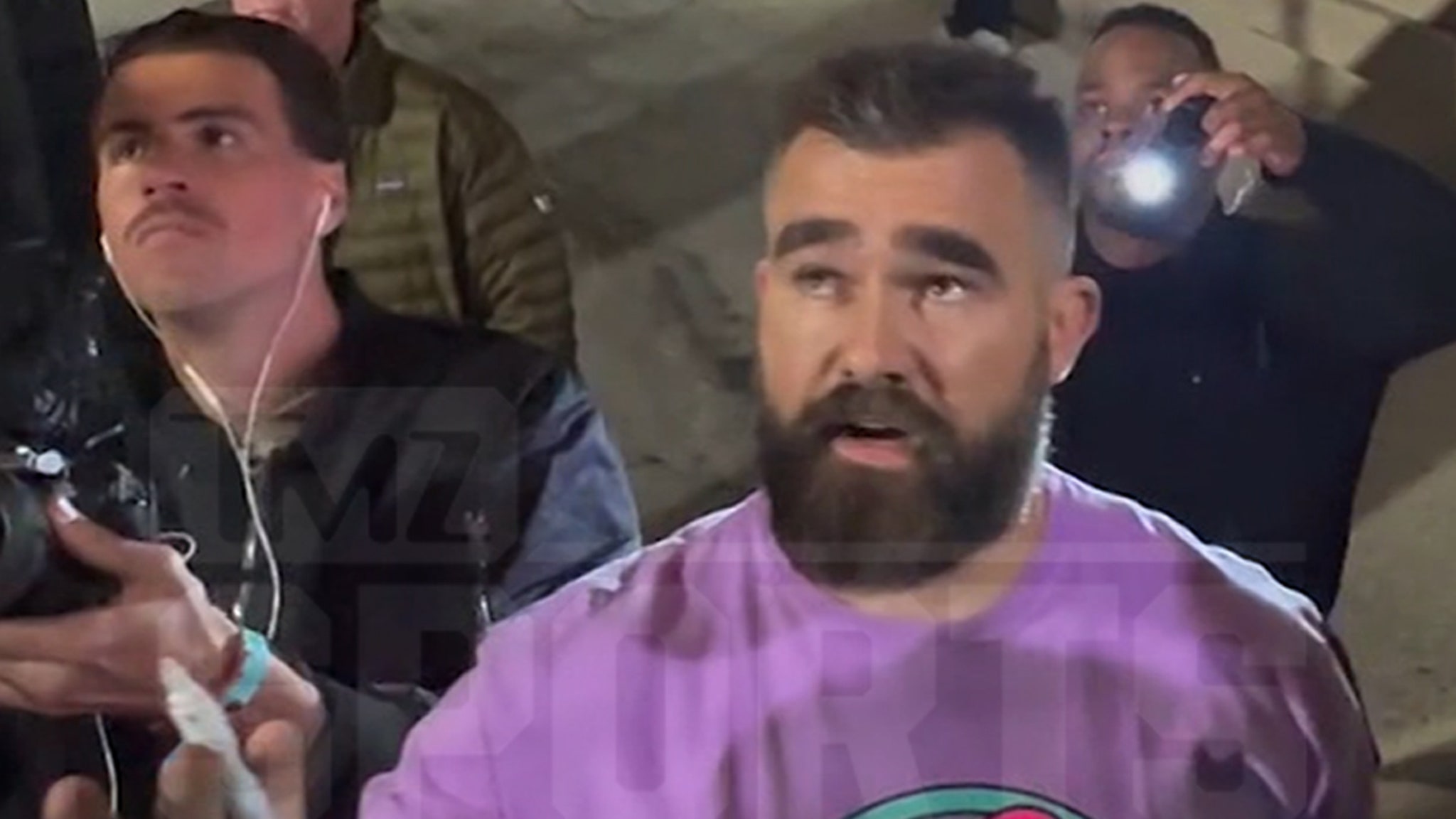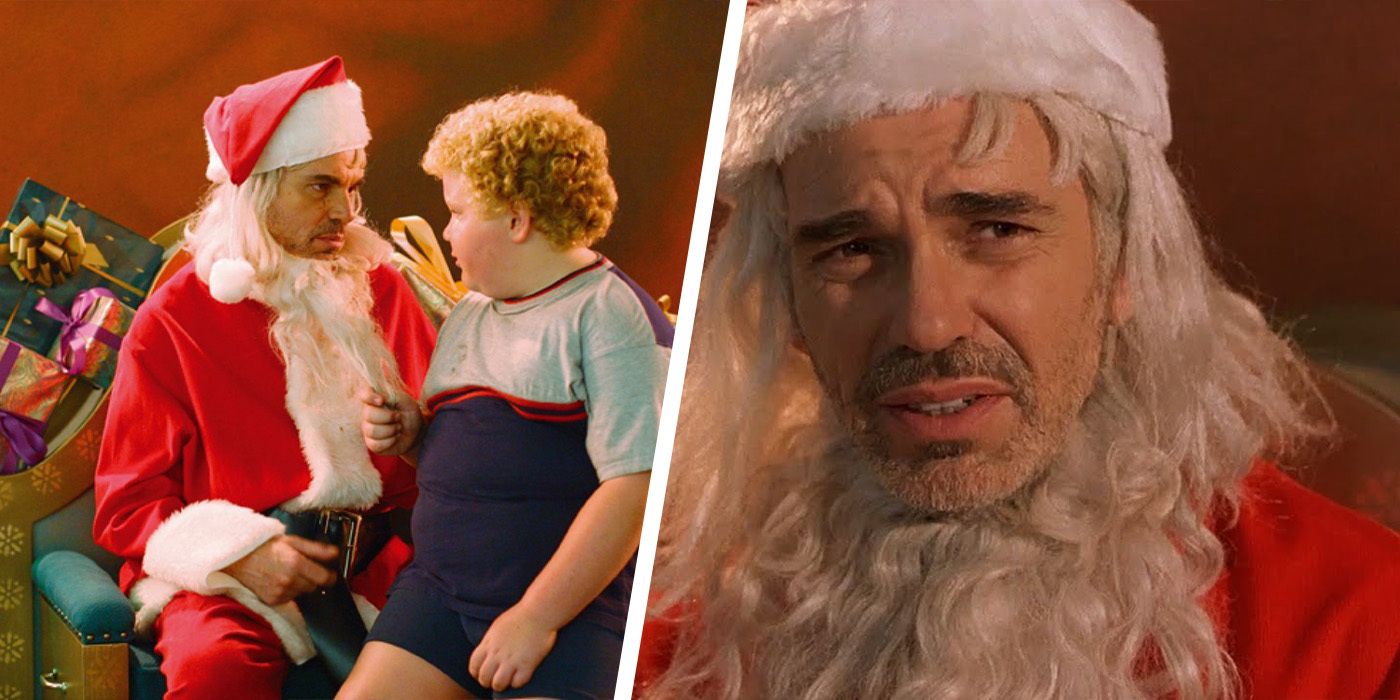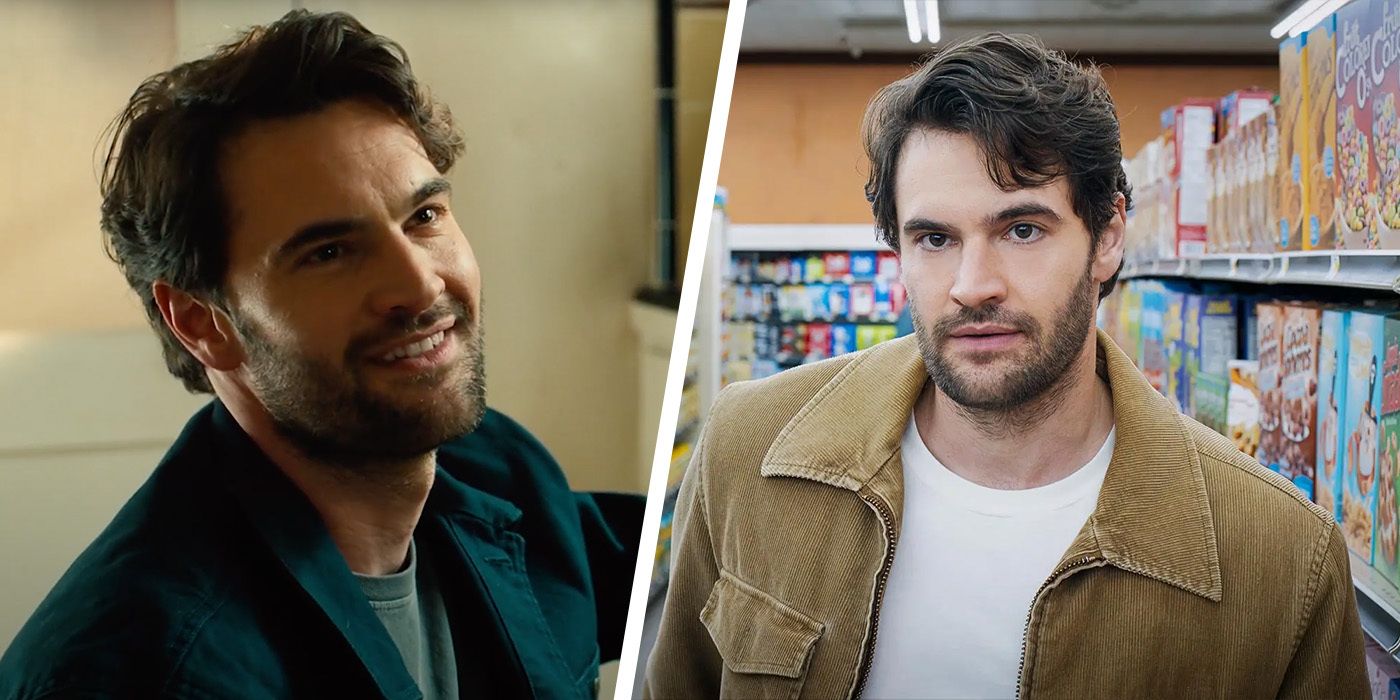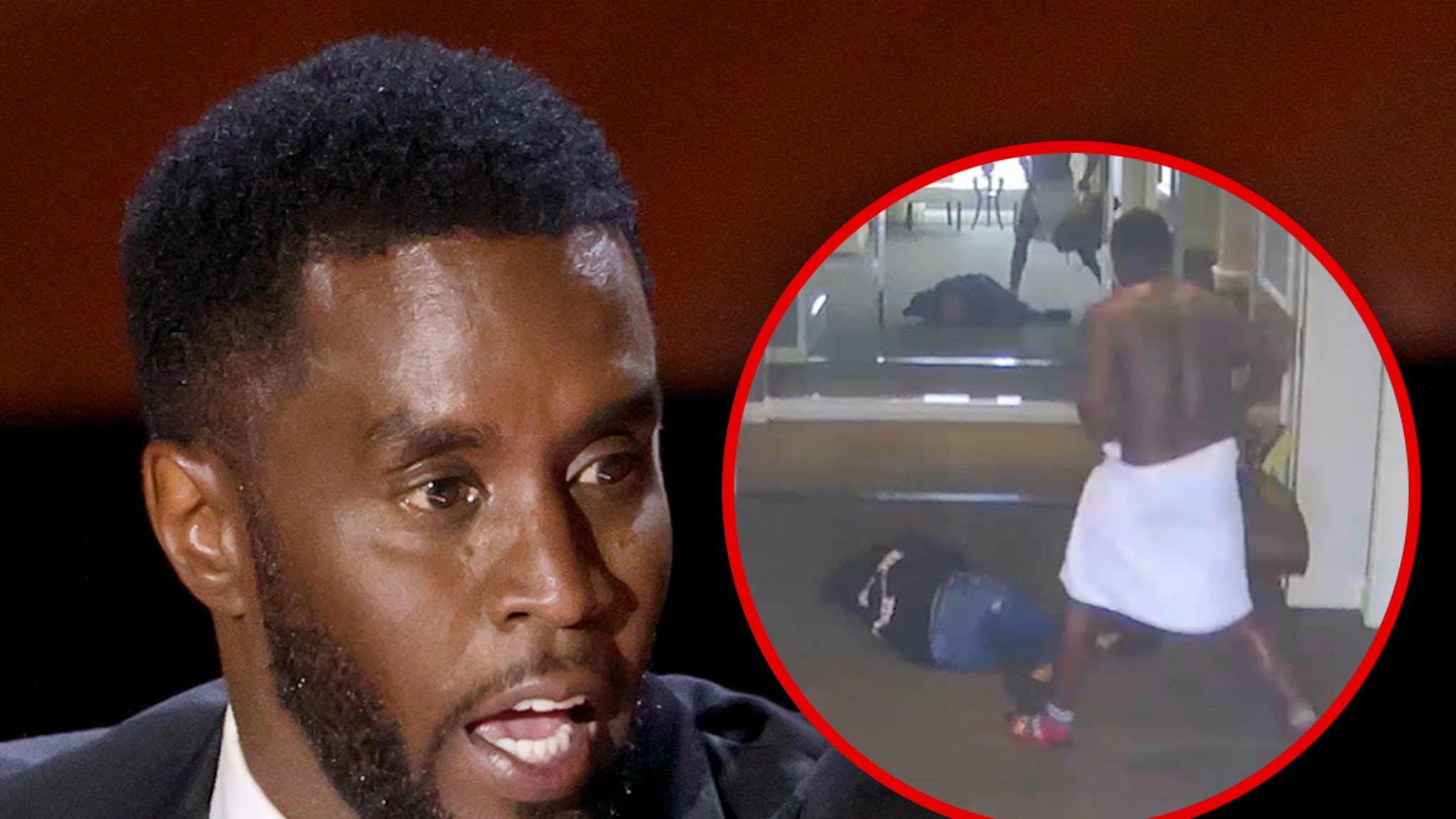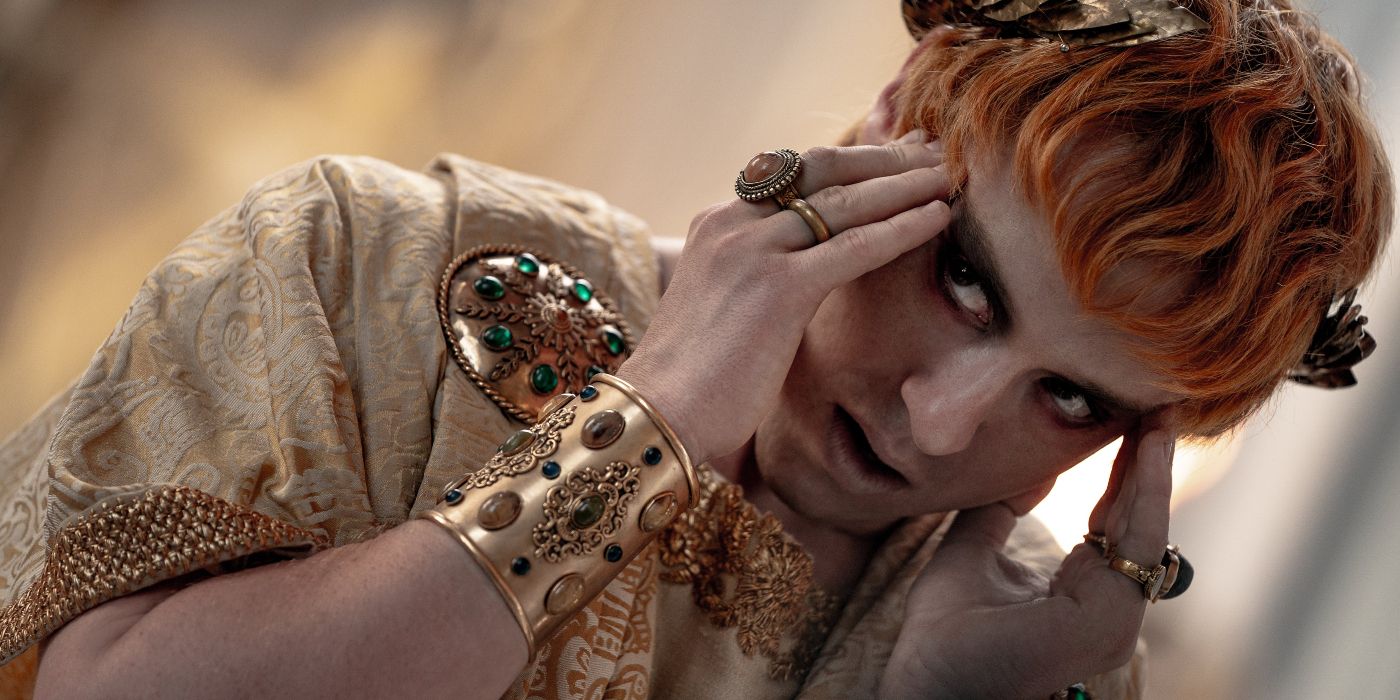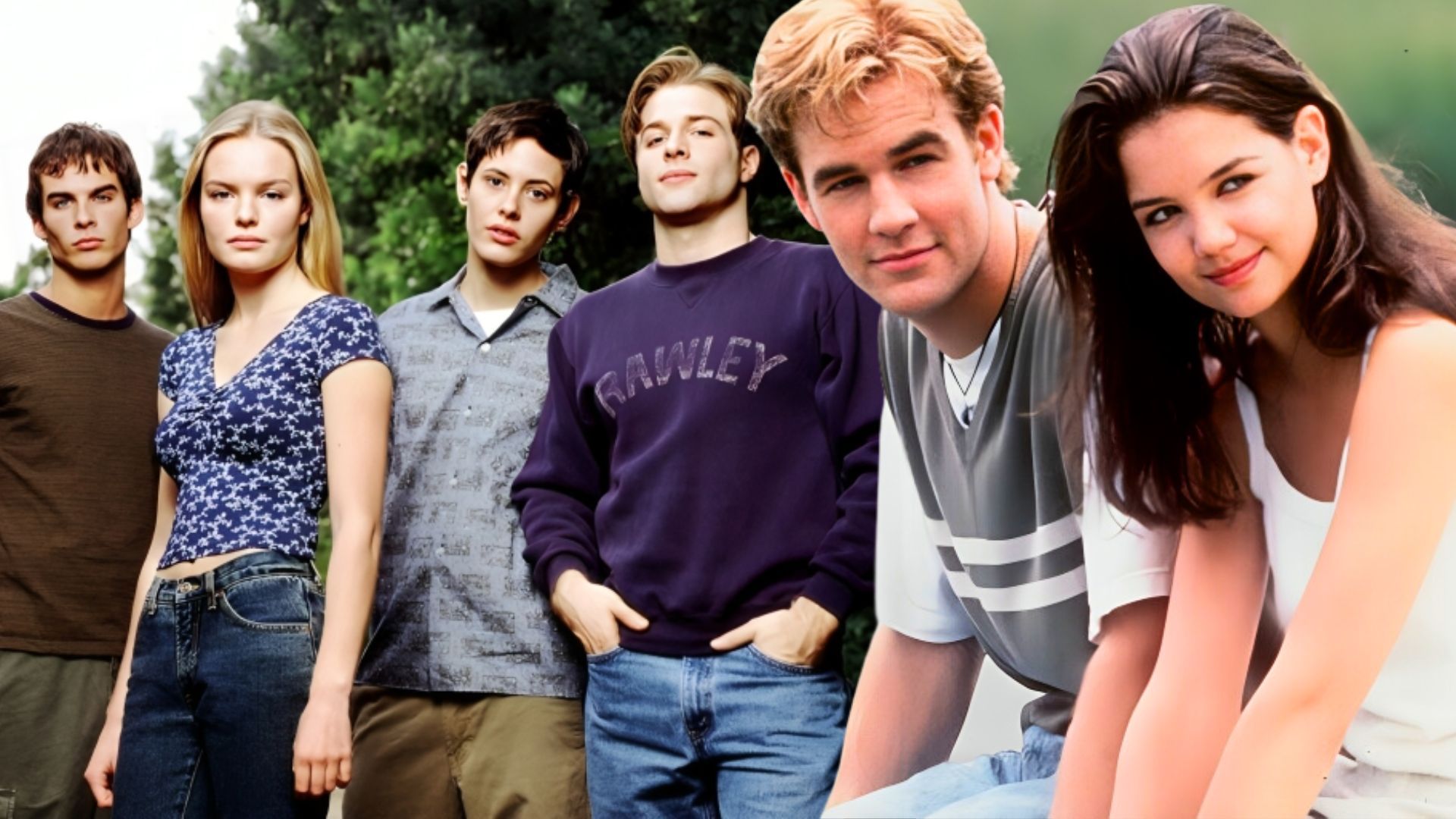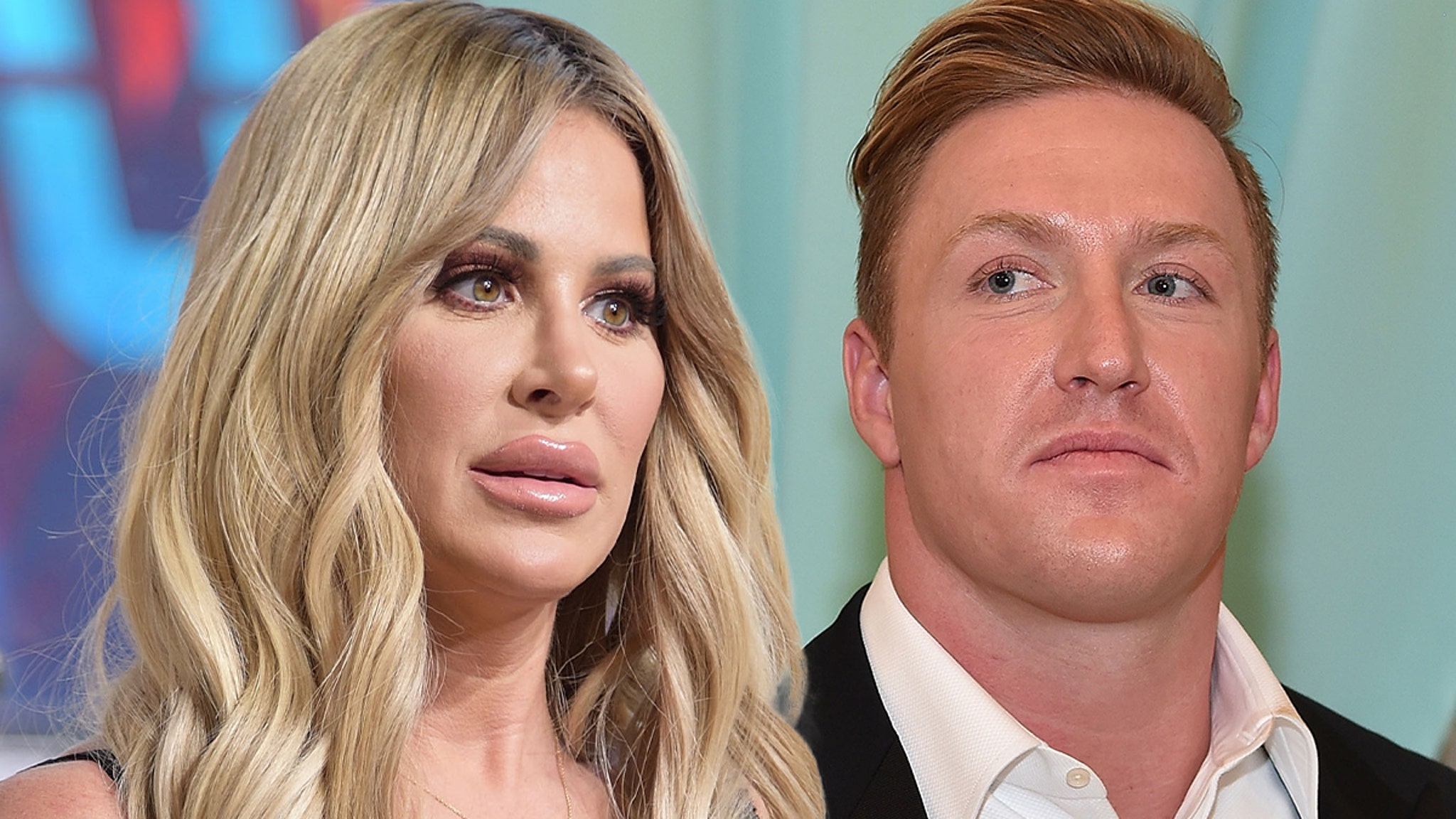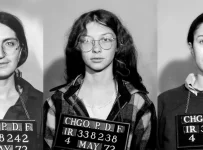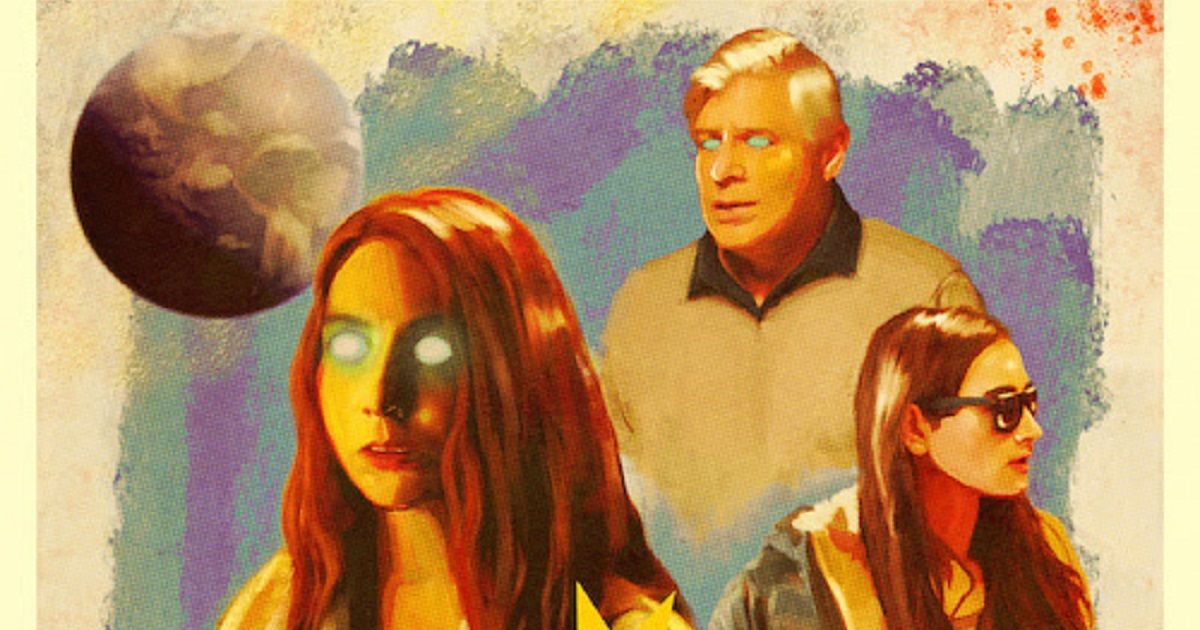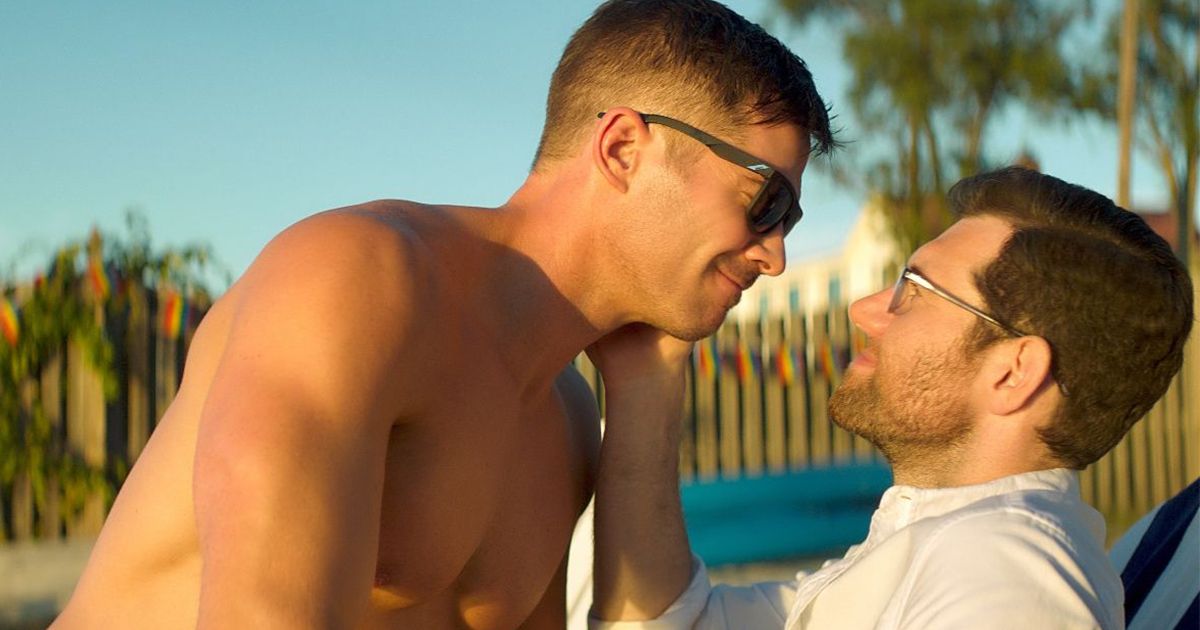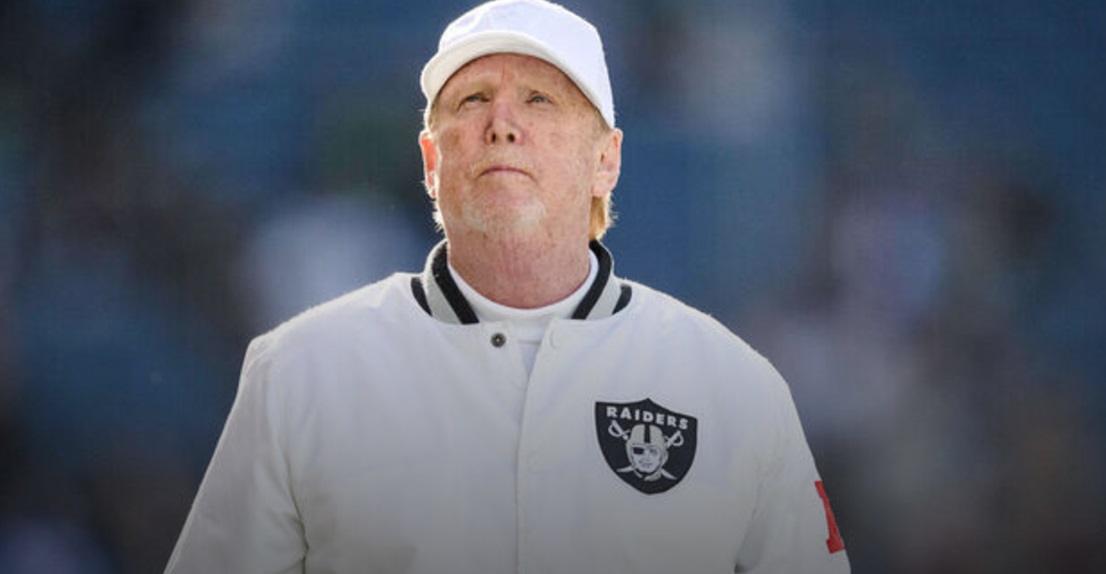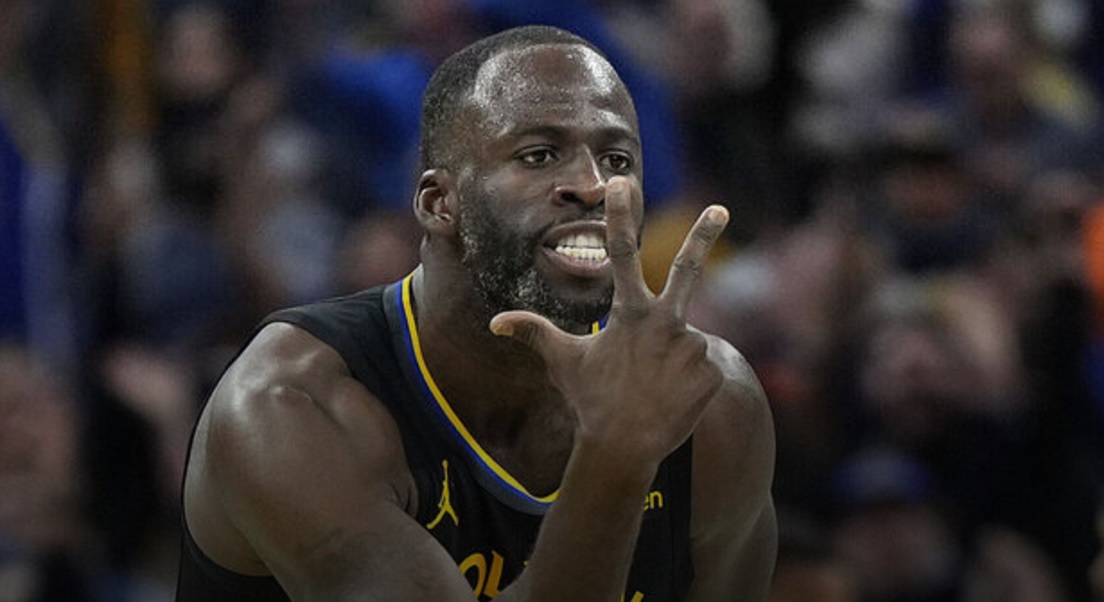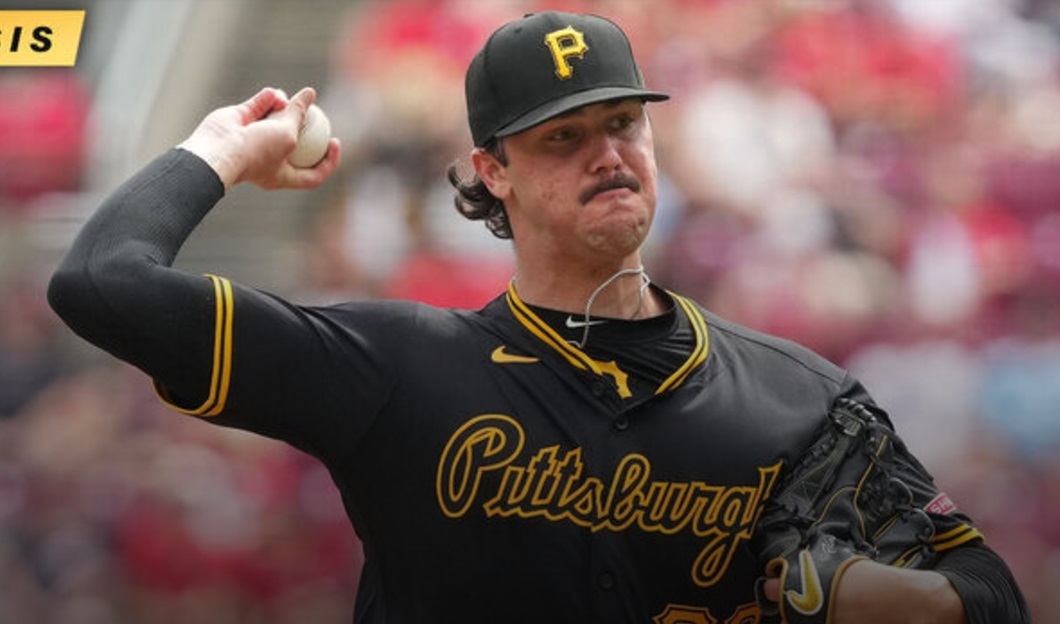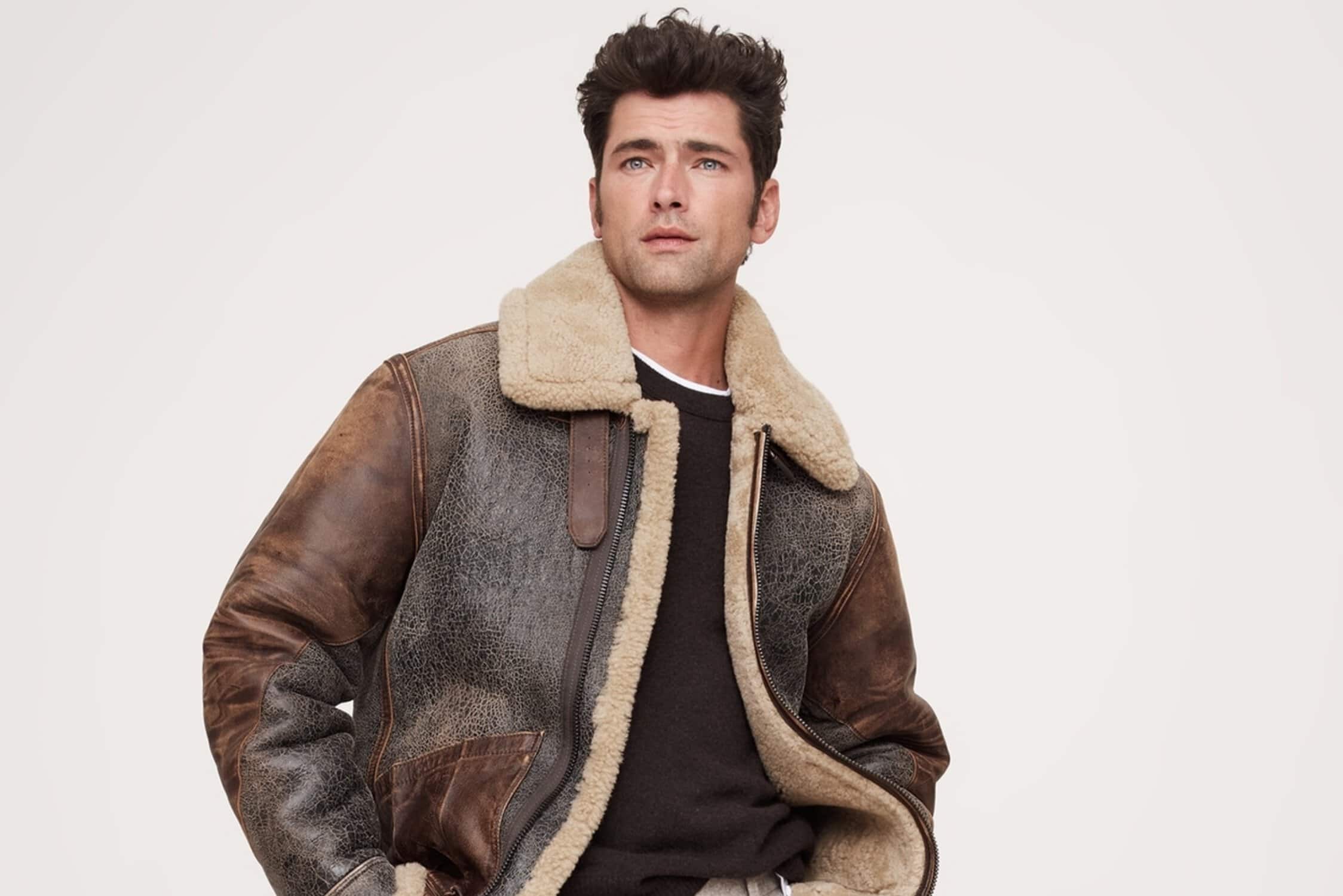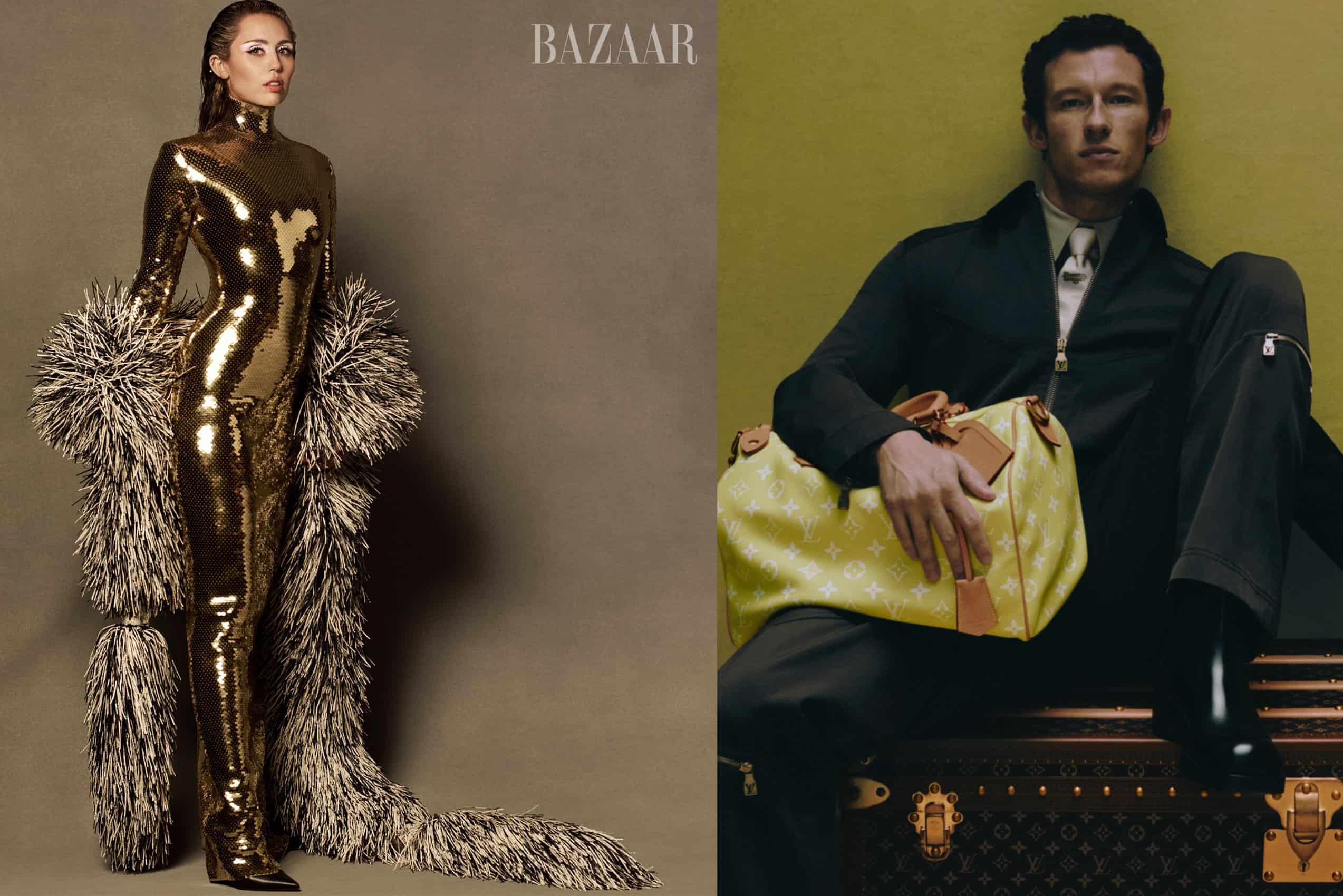This new season of “Euphoria,” which aired its first episode on Sunday night on HBO with a new one each week, does not use this shot nearly as often. It does not need it. It’s much more confident in grabbing your eye and holding your heart as its many in-depth fictional creations face Hell. It’s a direct part of the evolution that came from the compelling between-season interludes, which aren’t required viewing for season two but they do bridge the seasons stylistically. The characters are now so rich, they are so in pain, and some of them can’t vote; nor are their frontal lobes attached. Levinson gives all of his characters a great deal of care, often in the form of backstory that shows the secrets they store deep inside. As someone who called the original superficial, this is the season that helped me “get” “Euphoria” and what it can be. But at the same time, its plotting and long-winded nature also make a great case that it should end with season two.
Let’s start with Zendaya’s performance as Rue, especially as I have to be careful about how I talk about episodes that will air in coming weeks. It is a work of a manic artistry, following up her Emmy award-winning work by going even deeper into the darkness of addiction, creating her own depiction of what this blend of fear, heartbreak, anger, and inner terror looks like. Rue is still the chaotic center of this universe, sprinting toward the dashing final chapter of her addictive behavior, while seeking a sort of happiness with classmate Jules (Hunter Schafer); the two are trying to reconcile after Jules rode away from Rue on a train after prom, a sign of their youthful impulses crashing into reality and putting their bond in jeopardy. Jules also does not know that Rue has relapsed. It’s trouble in paradise, reminding them that paradise does not exist; they achieve a certain peace, briefly, with a new friend named Eliot (Dominic Fike), who knows Rue’s secret, and gets close to Jules during numerous hang-out scenes.
But “Euphoria” is about more than just the connection of Rue and Jules that gave the first season some of its more long-winded, aching, and opulent music video-ready sequences. In season two, other characters who have created their own fascinating mysteries with what is unspoken, or how they evolve, take the limelight. Sydney Sweeney, Maude Apatow, and Eric Dane (as Nate Jacobs’ hellish father Cal) are especially great with arcs that show their characters evolving into their full selves, even if that means destruction and disconnection from family, nearly swallowed by a sense of power. They are given the main stage in scenes that show how much these characters have been affected by their past, and are reaching a type of breaking point in the present. Every one on this show, really, is just so good; there are no weak links.
You can view the original article HERE.
